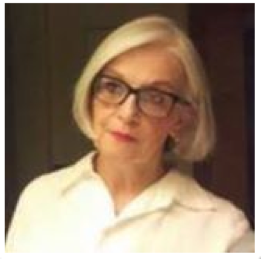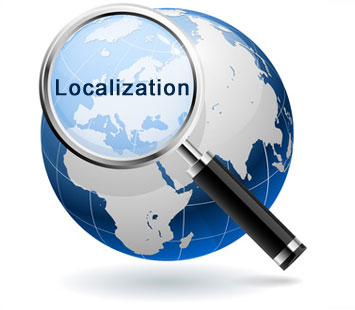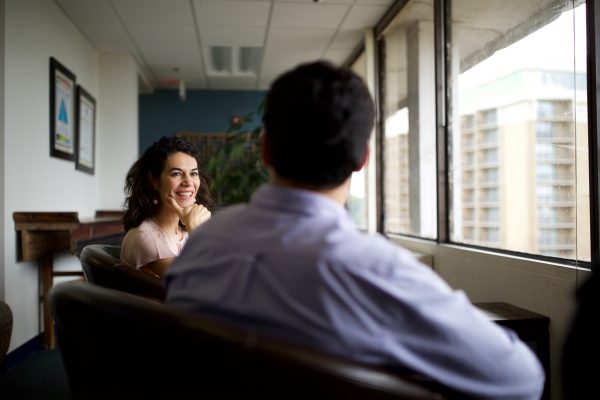

– French Translator, Dominique Ostrowski
I have been a freelance translator for over 20 years and I was told when I started that it was standard to last 5 years due to the intensity of the job and the volatile nature of the global economy.
For different reasons, not everybody is cut out for this job. Contrary to the common belief, just speaking a language does not make you a translator and not everybody is named Ann Goldstein, the head of the copy department at the New Yorker Department who “became a translator by accident though it was clear from childhood that she had a deep affinity for languages” (see the WSJ Jan. 20th 2016).
You need to have:
- a good command of your native language and a degree
- the willingness to work long hours, to research thoroughly and to pay attention to detail
- an in-depth understanding of the product/document/service, etc. you are translating so you have a more natural flow with your work rather than the robotic nature of machine translation.
Another essential skill is the ability to clearly communicate with your clients in regards to establishing reasonable deadlines for not only work delivery but for payment as well. You will find plenty of resources online through searches or blogs with fellow translators.
Most crucial tip
But I would rather talk here about an often ignored but crucial component to being a translator—an efficient and healthier one— which is taking steps to be able to work with complicated projects, tight deadlines, last minute requests and the physical impact of long hours in front of a computer.
It is imperative to take breaks, even small, throughout the day that include walking around, even around your desk a few times, stretching your arms and hands to reduce the strain of repetitive movements and giving your eyes some rest. Five minutes here and there may not seem like much but it will make a difference in the long run.
Taking mental breaks also allows you to detach yourself from the work at hand and re-approach it with fresh eyes. This also helps in conflict resolution when issues arise with a project, edit or a last-minute request allowing you to face challenges with a bigger picture in mind. You will find that you have more control over the mental obsessing and problems which never really have a chance to gain momentum.
Once, Arthur Rubinstein was asked how he handled the notes so well. He replied that he did not handle them better than any other but “the pauses, ah! that’s where the art resides.” Even though we are no Rubinsteins and we could debate on the artistic aspect of (technical) translation, we could all benefit from pauses and 20 years down the line be a freelance translator who has kept an inquisitive, enthusiastic mind and is overall healthier than the ones who worked “until they dropped”. The breaks/pauses could actually be a part of your New Year’s resolution list. Happy New Year!



